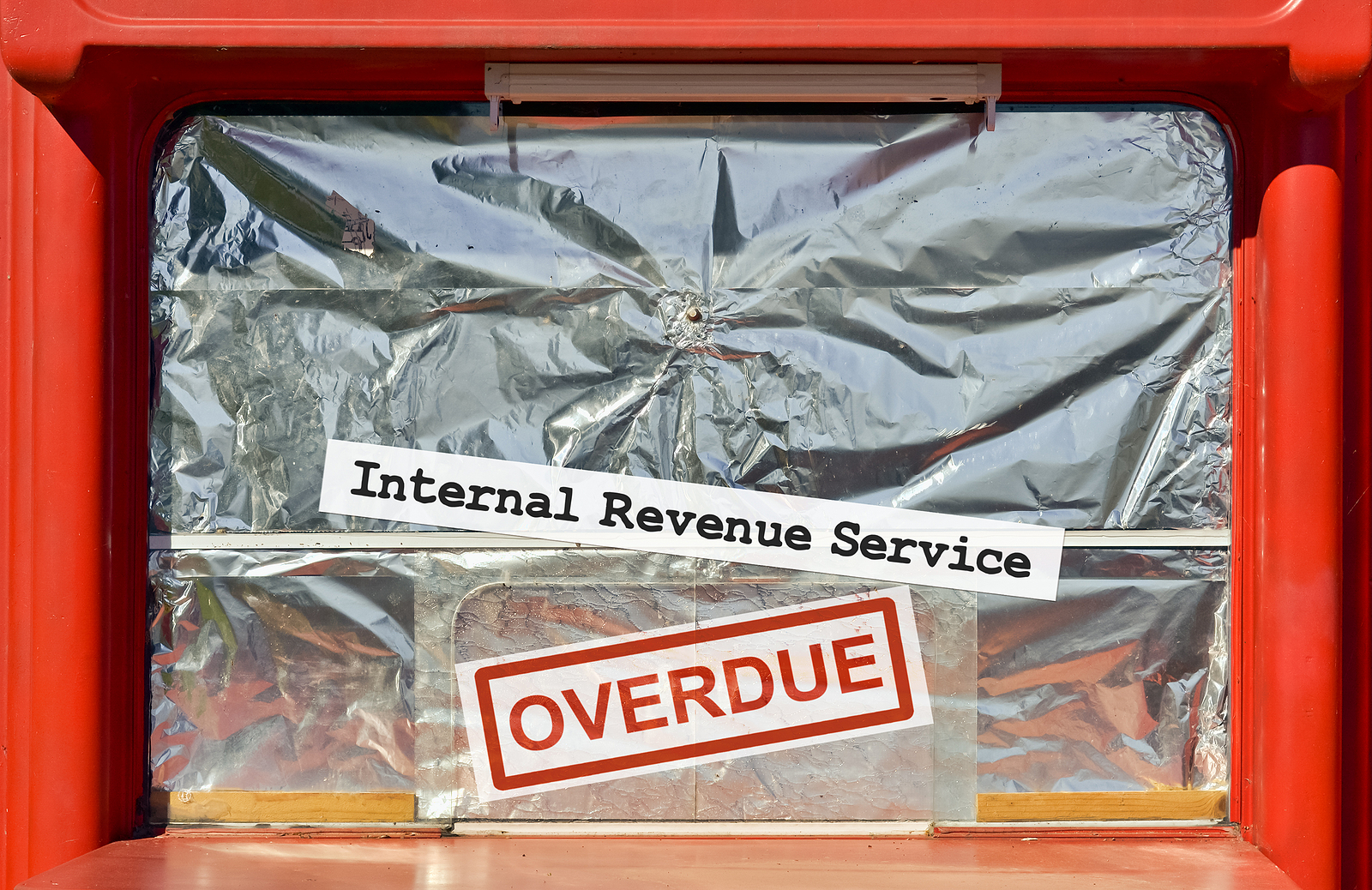Tax planning builds wealth. You may not be familiar with the term, but tax planning is the analysis of an individual’s or business’ financial situation to ensure that all elements work together to allow the payment of the lowest taxes possible. It is generally done towards the end of the year, but its not too late to plan for this year. Proper tax planning can help you retain and make the most of your income to build your assets and wealth.


The current US personal debt, including mortgages, has reached $14 trillion, with a total annual income of $19.68 trillion. That works out to a median household yearly income of $79,900 with total debt of $145,000. So is there a magic formula for paying off debt? The answer is yes, but how each household approaches this will vary, depending on the details of their interest rates, duration of loans, income, other expenses, opportunities for relief, credit available, and level of debt.

As soon as the IRS contacts you about unpaid taxes, acting quickly can save you a lot of money and help avoid tax liens and levies. Unfortunately, life issues can get in the way of handling back taxes promptly. For example, suppose you haven’t acted upon notification from the IRS regarding unpaid tax liabilities. In that case, you should expect to receive notification from them placing a lien or a levy on your assets. When that happens, you have no time to lose. You must act immediately to prevent that escalation by the IRS because the financial ramifications of either action can be devastating.




